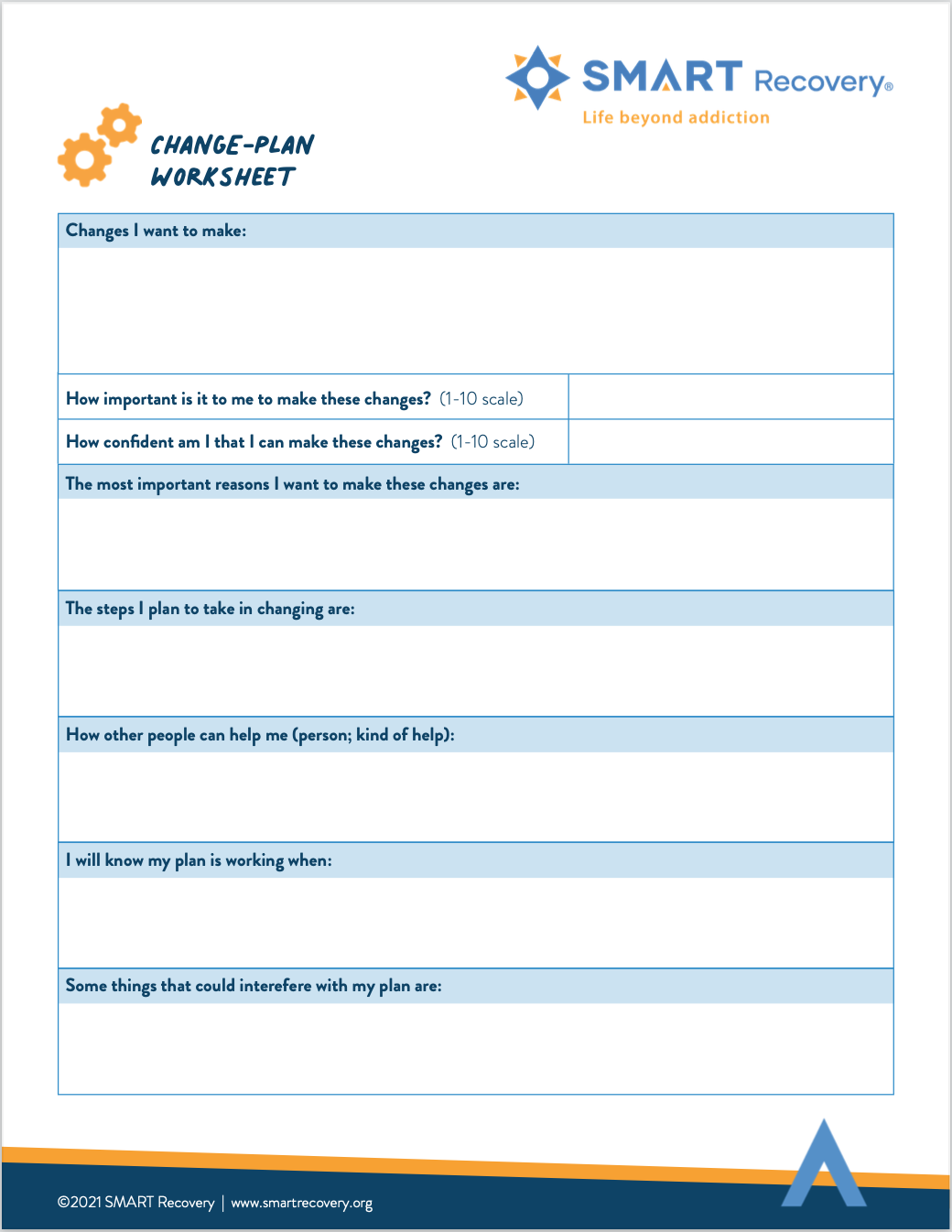Recovery worksheets are tools that can be used to help individuals in their journey towards recovery from various issues such as addiction, mental health challenges, trauma, and more. These worksheets provide a structured way for individuals to reflect, process, and work through their thoughts and emotions in a guided manner.
Many therapists and counselors use recovery worksheets as part of their treatment plans to help clients make progress and achieve their goals. These worksheets can be tailored to individual needs and can be a valuable resource in the recovery process.
Recovery worksheets often include exercises such as journaling prompts, goal-setting activities, coping skills practice, and self-reflection exercises. These activities can help individuals gain insight into their behaviors and patterns, develop new skills, and work towards positive change.
By engaging with recovery worksheets, individuals can track their progress, identify triggers and obstacles, and learn healthy ways to cope with challenges. Working through these worksheets can empower individuals to take control of their recovery journey and make meaningful changes in their lives.
It is important for individuals to work with a therapist or counselor when using recovery worksheets to ensure they are receiving the support and guidance they need. Therapists can provide feedback, help individuals process their thoughts and emotions, and offer additional resources to support their recovery.
In conclusion, recovery worksheets can be a valuable tool in the journey towards healing and growth. By engaging with these structured activities, individuals can gain insight, develop skills, and work towards positive change. With the guidance of a therapist or counselor, recovery worksheets can be a powerful resource for individuals seeking to overcome challenges and improve their well-being.
